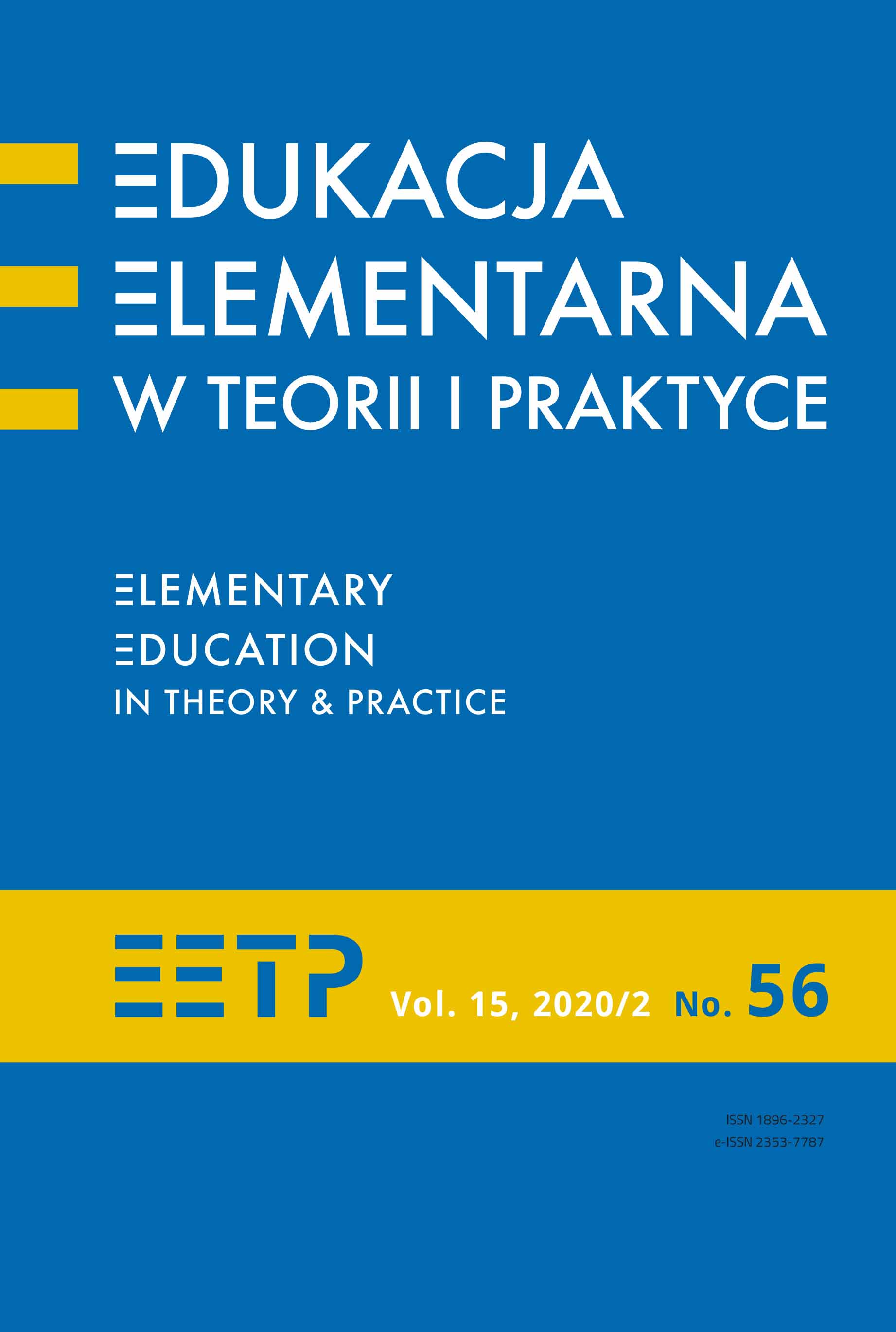Spotkanie dziecka z kulturą audiowizualną: obraz konstytuujący się w rodzicielskim dyskursie o dziecięcej codzienności
Children's Encounters with Audio-Visual Culture: Image Forming in Parental Discourse about the Everyday Life of Children
Author(s): Magdalena GrochowalskaSubject(s): Social Sciences, Education, Preschool education
Published by: Uniwersytet Ignatianum w Krakowie
Keywords: children’s everyday life; parental discourse; Internet forum; television competence; audio-visual culture
Summary/Abstract: The paper deals with the issue of the presence of audio-visual culture in the child’s everyday life as seen from the parents’ perspective. Children spend a lot of time watching television or other screen media. The media reality, by offering a variety of content and forms of communication, ease of reception, image variability, and ludicity, is one which is attractive for children. However, an audiovisual experience of the world is not without significance for developing cultural competence. Parents, guided by concern for their children, usually regulate the accessibility of the media and become involved in family media education. They may take on a variety of roles, perhaps actively introducing the child to the screen culture, or allow them for lonely, hours long interactions with it.The paper describes parents’ perception of television in their child’s everyday life based on the author’s own study. It was assumed that the meanings attributed to the media reality by parents are determined by the experience gathered by the child. The content of the statements made available on Internet discussion forums was analysed. The analysis was aimed at reconstructing the type of conceptual frameworks held by parents through which they conceptualize the contexts of the functioning of television in children’s everyday life. The author sought answers to the question of what areas of screen culture they make available to children at preschool age, and what might be the motives for the choices made. The analysis revealed the ways in which parents intervene in their children’s television viewing and the meanings attributed to practices considered to be appropriate in organizing contact with television. In the discussion, the results obtained were referred to the problem of placing the child in a role usually reserved for the daily practices of adults.
Journal: Edukacja Elementarna w Teorii i Praktyce
- Issue Year: 15/2020
- Issue No: 1 (55)
- Page Range: 9-22
- Page Count: 14
- Language: English, Polish

